Look at how much $$$ we're saving. This is the way it's going to be if they don't get the debt under control.
The country would face an economic hellscape if the government shutdown lasts "months or even years," as the president has suggested it might, experts tell NBC News.
The doomsday scenario might be unlikely — the longest the federal government has ever shut down is 21 days, a record that will fall if the current closure lasts until Saturday — but it is chilling.
"We'll be in no man's land," Mark Zandi, chief economist at Moody's Analytics, told NBC News.
If the worst were to happen, experts say the devastating impact would be
widespread:- 38 million low-income Americans lose food stamps
- 6 million face an uncertain timetable for collecting tax refunds
- 2 million without rental assistance and facing possible eviction
- 800,000 paycheck-less federal employees plunged into dire financial straits
- Shuttered parks and museums while overstressed airports cause tourism to tank
- Federal court system slows to a crawl
- Disaster relief money doesn't get to storm-ravaged areas
- Lapsed FDA and EPA inspections lead to dangerous outbreaks
- Private companies looking to go public are stuck in limbo
- Stock market plummets
The end isn't near — yet. But if the standoff persists — talks blew up at the White House on Wednesday — and Congress and President Donald Trump can't reach a deal on raising the debt ceiling in a few months, "it's game over — you'll have a pretty severe recession," Zandi said, adding that given the trade war with China, and Brexit looming, "you could start seeing some pretty dark scenarios" worldwide.
WITHOUT FOOD, HOMES
By the end of February, the Supplemental Nutrition Assistance Program, or SNAP, run by the Department of Agriculture, would be out of funding — meaning almost 40 million low-income Americans could find themselves struggling to pay for food, said Joseph Brusuelas, chief economist for the accounting firm RSM US.
The Department of Housing and Urban Development, meanwhile, has already seen 1,150 contracts with private landlords housing low-income tenants lapse. Another 500 will expire by the end of this month, and another 550 by the end of February, the agency says.
Funding for rental assistance for millions of tenants could be at risk as soon as next month.
"The near-term impact is people getting evicted, having their heat turned off and not having enough food," Brusuelas said.
Drawn out over time, that could amount to a sizable hit on the GDP. Loss of the SNAP benefits could mean $60 billion less in direct spending in a year, and indirect spending of another $48 billion, which could shave a full percentage point off the country's economic growth, he explained.
Others might find themselves with less money in their pockets.
The IRS has said it won't be able to pay tax refunds during the shutdown, although the Office of Management and Budget said on Monday that it would. Less than 10,000 workers — about 12 percent of IRS staff — are working during the shutdown.
The agency is coming up with a plan to call back more employees, but they'll face an avalanche of backed-up work — by Feb. 2 of last year, the agency had already received over 18 million returns and processed 6.1 million refunds.
"The people who are waiting on those refunds could face some real consequences," said Michael Pearce, senior U.S. economist at Capital Economics.
Then there are the 800,000 government employees who aren't getting paid during the shutdown — even though about half of them still have to work.
"Workers are going to to start walking out and find better paying jobs," Brusuelas said. If they don't, some will be in danger of not being able to pay their rents or mortgages and losing their homes — creating a drag on the economy.
TOURISM DEVASTATED
No-shows by airport workers — including TSA agents and air traffic controllers — would mean delays and canceled flights, hurting business dealings and tourism.
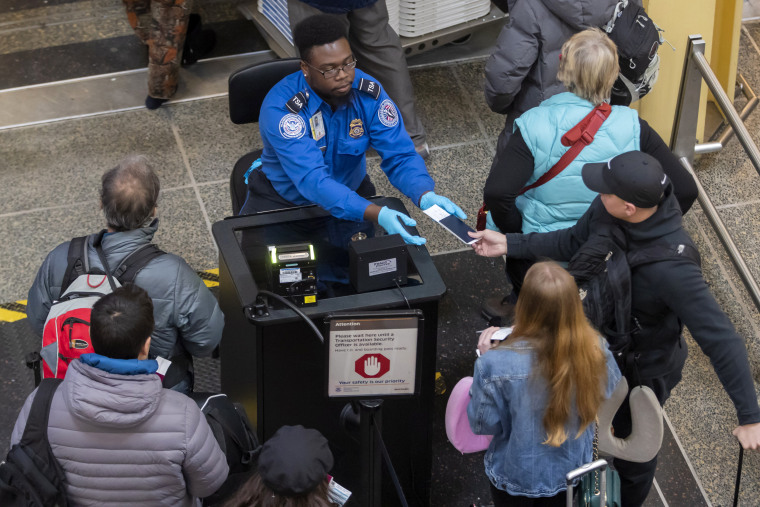
Tourism would also continue to fall at national parks, a third of which were closed when the shutdown went into effect. Others were kept open — but, without staffing, human waste has piled up in bathrooms and along popular trails.
Some parks are planning to stay open by tapping into collection feesthat were meant to be used for future park projects. Raiding those funds is unsustainable and will hamper future development plans, said Emily Douce, director of budget and appropriations for the National Parks Conservation Association.
In the meantime, parks are losing the $400,000 in daily fees they typically collect — and neighboring communities aren't benefiting from the average $20 million a day that visitors spend there.
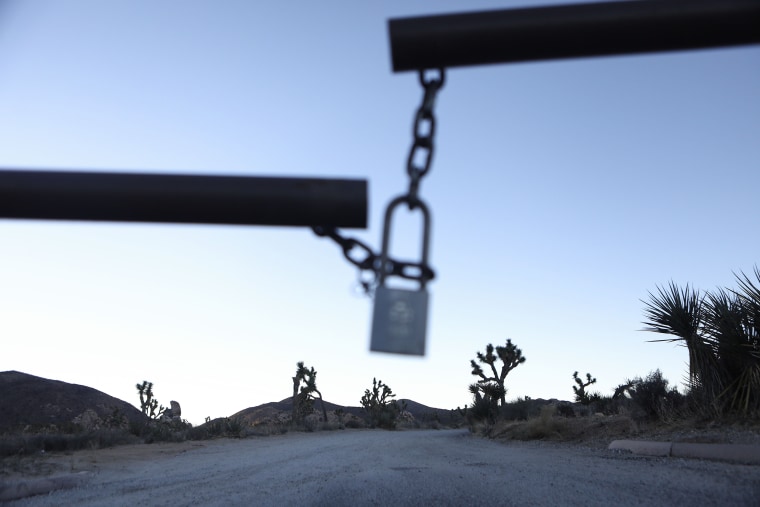
PUBLIC IN DANGER
The Food and Drug Administration has already stopped most food inspections, raising the risk of salmonella, E. coli and listeria outbreaks.
"That puts our food supply at risk," said Sarah Sorscher, deputy director of regulatory affairs at the Center for Science in the Public Interest, a consumer advocacy group.
The Environmental Protection Agency, where only 700 of 13,000 employees are working during the shutdown, has scaled back inspections, with senior officials focusing only on properties where "the threat to human life or property is imminent."
Areas that have already been affected by hurricanes and storms are facing additional problems because of the shutdown, with emergency recovery funds reportedly tied up in bureaucratic red tape.
Furloughed worker: Whole families are feeling impact of shutdown
JAN. 9, 201902:49
It seems unimaginable, but if the impasse continues into October, more vital federal agencies would be forced to shut down, and new dangers would loom. Among the agencies that would turn their lights off is the Department of Health and Human Services and the Centers for Disease Control and Prevention.
A more immediate worry: The federal court system will run out of money by Jan. 18, and will have to cut back operations.
STOCK SHOCK
The longer the shutdown goes on, the more likely it is to affect the stock market, experts said.
Analysts had been looking forward to a string of valuable multibillion companies that were expected to go public early this year. But now, as many as 40 initial public offerings are backloggedbecause the Securities and Exchange Commission doesn't have the staff to review them.
"The market was waiting for this huge avalanche of IPOs," said John Coffee Jr., director of the Center on Corporate Governance at Columbia Law School. "All of this stuff is on hold. The market is fluctuating wildly, and this is going to remove a stimulus."
Even with no end to the shutdown in sight, Brusuelas predicted that public outrage will lead to one soon enough.
"Workers are going to start walking out," he said. "People will take to the streets."

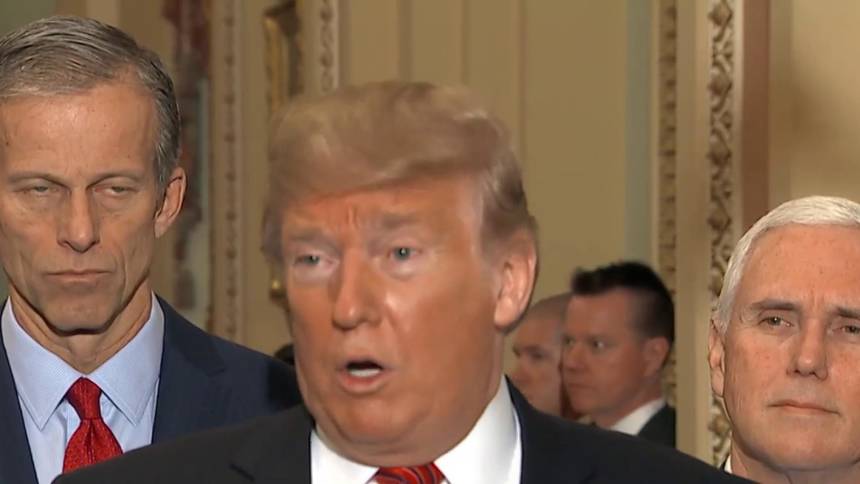
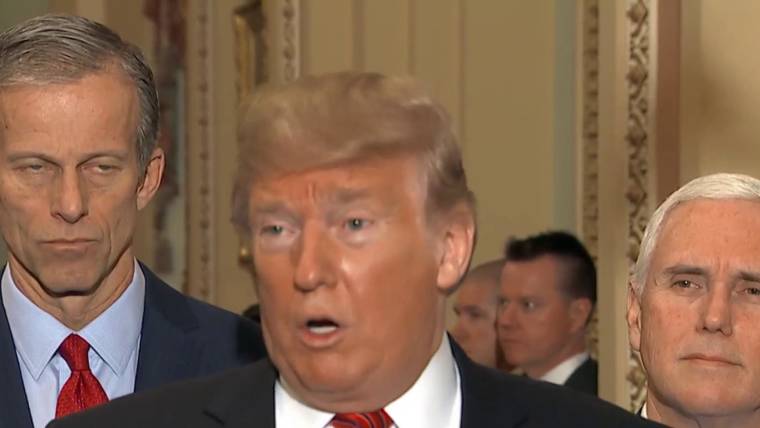
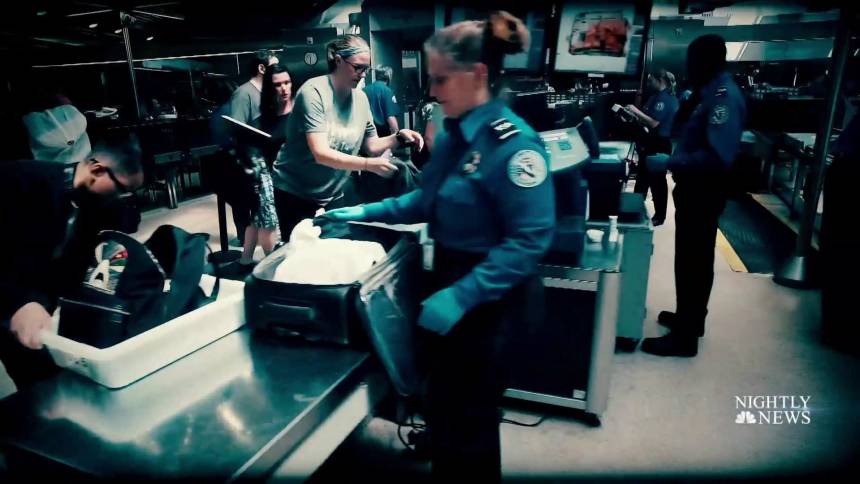
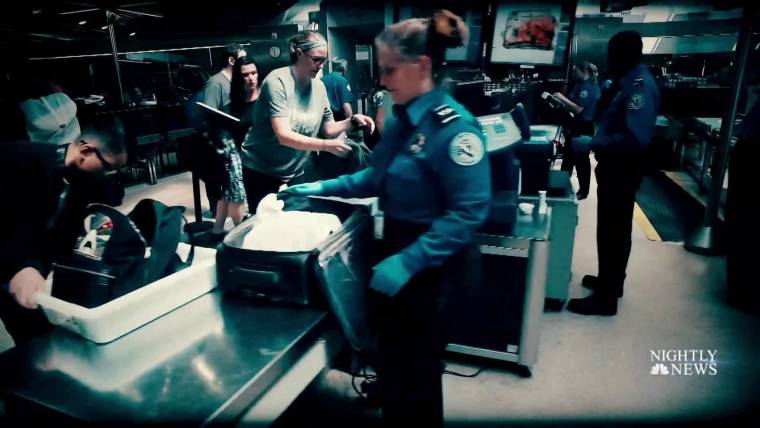
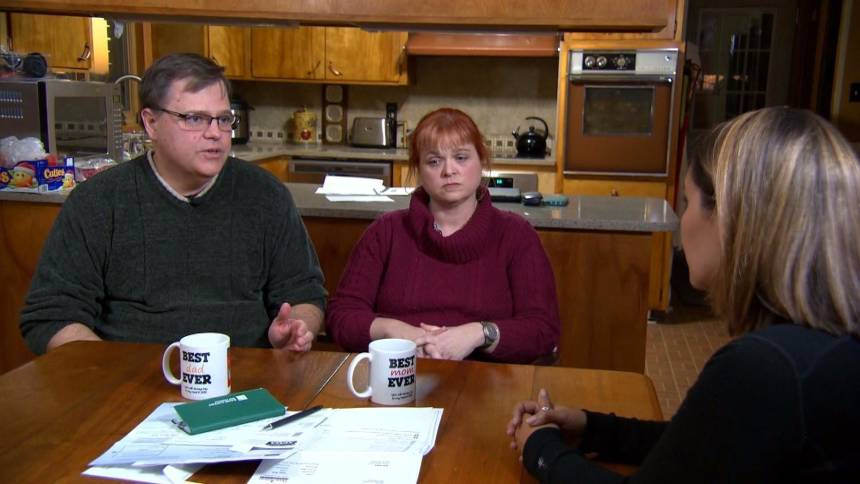
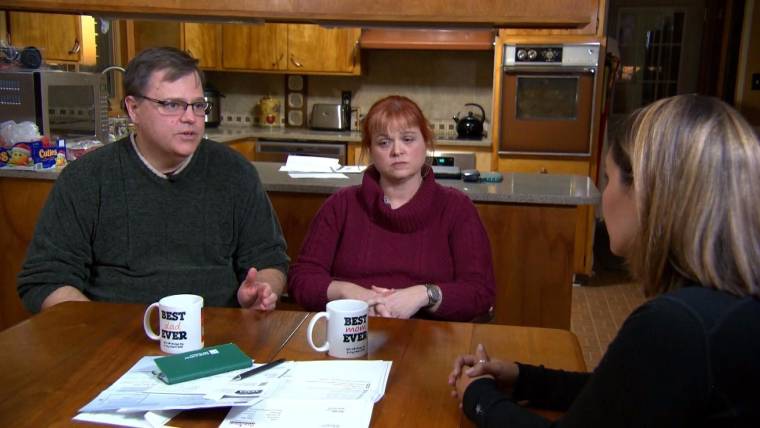
Alright people. You are freaking out over 3 weeks of shutdown. This is going to work out eventually and I would think pretty soon. Don't blame President Trump. Look at what Morticia and Gomez will do to perpetuate the catastrophe.
ReplyDelete